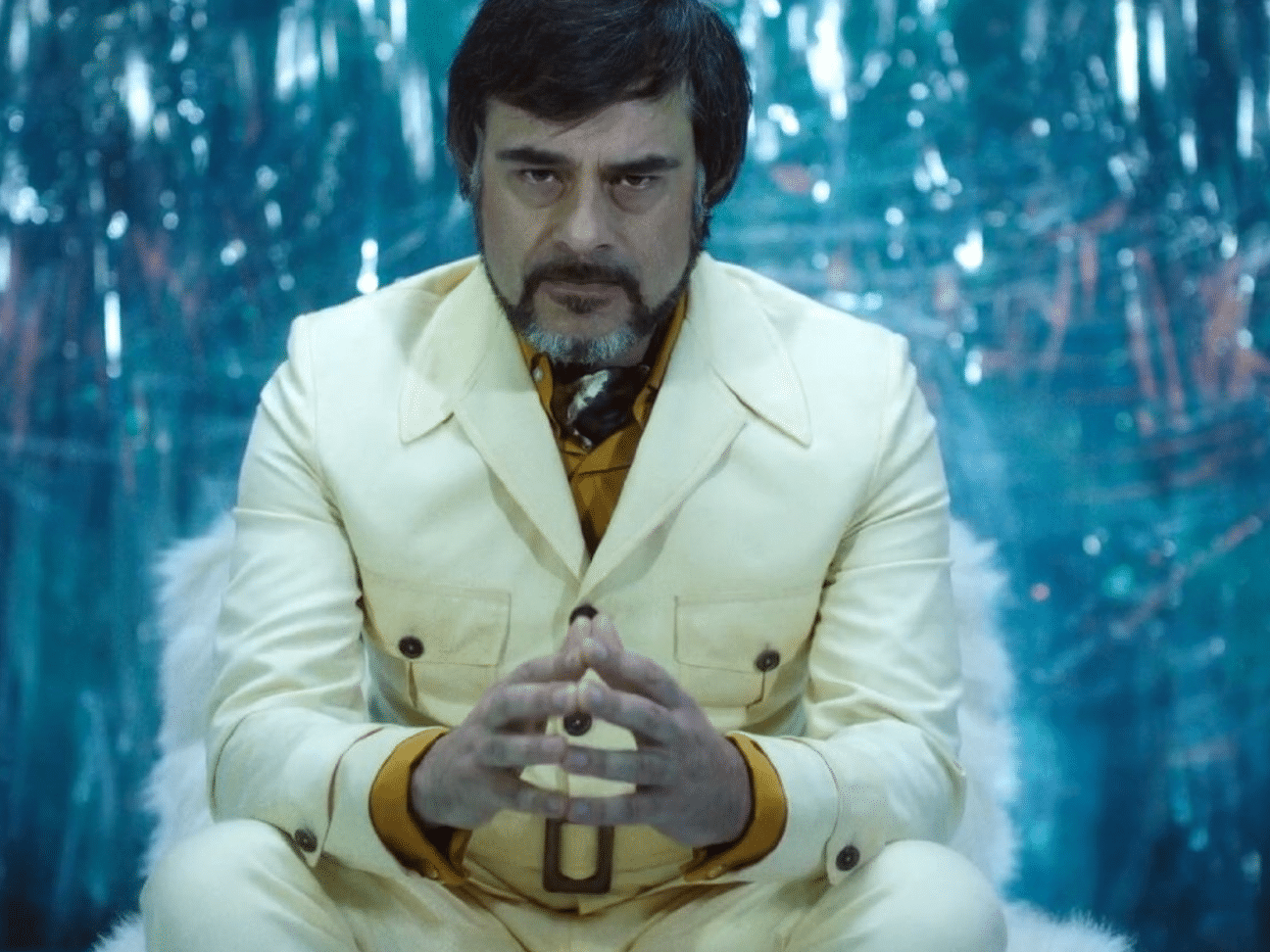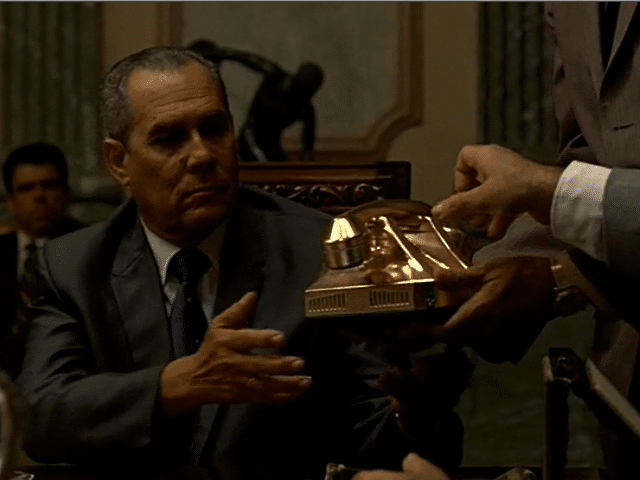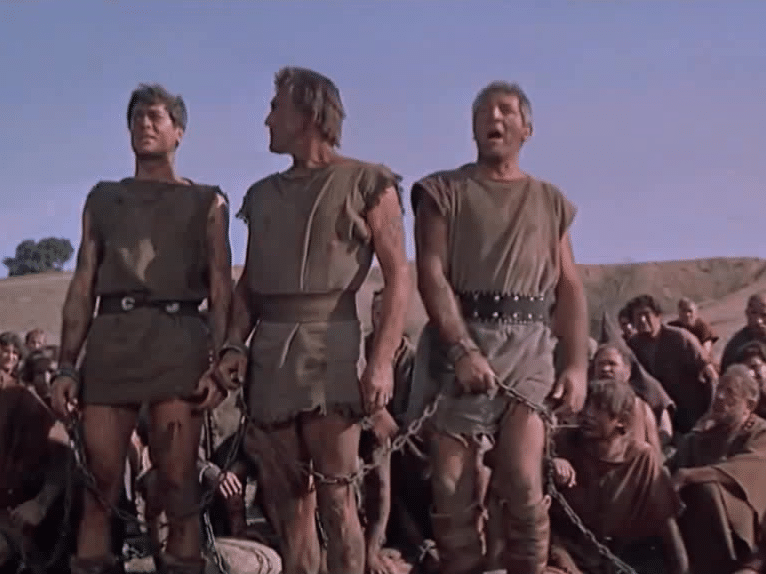Epsilon Theory In Full
The soul of Epsilon Theory is our long-form content, a library of hundreds of pieces written by Ben, Rusty and others over the course of the last 5+ years. These are the print-and-take-home-for the weekend notes that made Epsilon Theory what it is today.
For the bored (read: profitable) investor, the bias to action is a constant threat. As we become more passive in our strategies, the moral license to ‘do something’ is exaggerated, and must be curtailed.
On hard problems, lazy XKCD references, the myth of superhuman AI, and valley grammar.
If political parties in Western democracies were stocks, we’d be talking today about the structural bear market that has gripped that sector. Show me any country that’s had an election in the past 24 months, and I’ll show you at least one formerly big-time status quo political party that has been crushed.
On episode 21 of the Epsilon Theory podcast, Dr. Ben Hunt is joined by Brad McMillan, CFA, CAIA, the chief investment officer at Commonwealth Financial Network®. Brad graciously hosts us at Commonwealth’s headquarters in Waltham, Massachusetts. Ben and Brad talk about their mutual love for Terry Pratchett, Narrative causality, the French elections, and how technology is changing the financial advisory business.
My view is that we are heading into a far more ‘interesting’ era of flash crashes of confused, or deliberately misled, algorithms.
Starcraft mastery from AI, risky language, and the map of physics. Also Zen vs. Tantra, because why not?
Almost as much as we love stock discussions, we love talking about our favorite fund managers. These discussions are unfortunately almost always a complete waste of time.
On DARPA explainer videos, Burning Man invocations, and the impact of bad weather and high taxes on AI talent pools.
By the time we got to episode 20 of the Epsilon Theory podcast, change was bound to happen. Coming to you from our New York office, Dr. Ben Hunt and producer Michael Corrao talk about changes to the Epsilon Theory website, Ben’s role, and the entire political system.
Many of the gaps in our knowledge are the result of our insistence on accepting our priors and using technology to answer questions we see as new. But what if we could develop techniques to challenge those priors with new questions?
We meet with our fund managers and financial advisers with a goal in mind. But we always end up talking stocks. If you insist on buying the tank, they’ll sell you a tank, folks.
On episode 19 of the Epsilon Theory podcast, Dr. Ben Hunt is joined by Rusty Guinn, Salient’s executive vice president of asset management. Picking up from their last conversation on fake news, Ben and Rusty consider the kinds of information that we have at our disposal and if we are asking the right questions in our analysis — or just searching for the answers we want.
An introduction to Jeremy Radcliffe, the Rabbit Hole and why it seems like the best asset management executives would be far happier as general managers of sports teams.
If questioning everything you ever thought you knew about science sends you into a downward spiral of crippling anxiety, this may not be the Rabbit Hole for you.
There is no excerpt because this is a protected post.
Oh, we all use index funds. ETFs. We all avoid the evils of acting trading, sure. But in the end, we are all active managers, friends. Yes, you, too.
On episode 18 of the Epsilon Theory podcast, Dr. Ben Hunt is joined by Neville Crawley, the former CEO of Quid, Inc., a data intelligence software company based in San Francisco. Dr. Hunt and Neville speak about advancements in big data and big compute, and the potential to further impact investing.
The best part about this job, other than being recognized in random bars by 50-year old financial advisors who are always good to buy me…
Part 1 of the Things that Matter / Things that Don’t series. Having a World View means having a center – a core set of philosophies about how the world works, what is objectively true and false, and what actually matters.
George Soros has a great line, one that I’ve stolen many times: “I’m not predicting. I’m observing.” We really don’t have a crystal ball, and it really is a dumb idea to pretend that we do. But what’s not dumb is to keep your eyes and ears open, observing both what the world is telling you (playing the cards) and what other market participants are telling you (playing the players), and reacting accordingly. That’s the heart of tactical investing.










